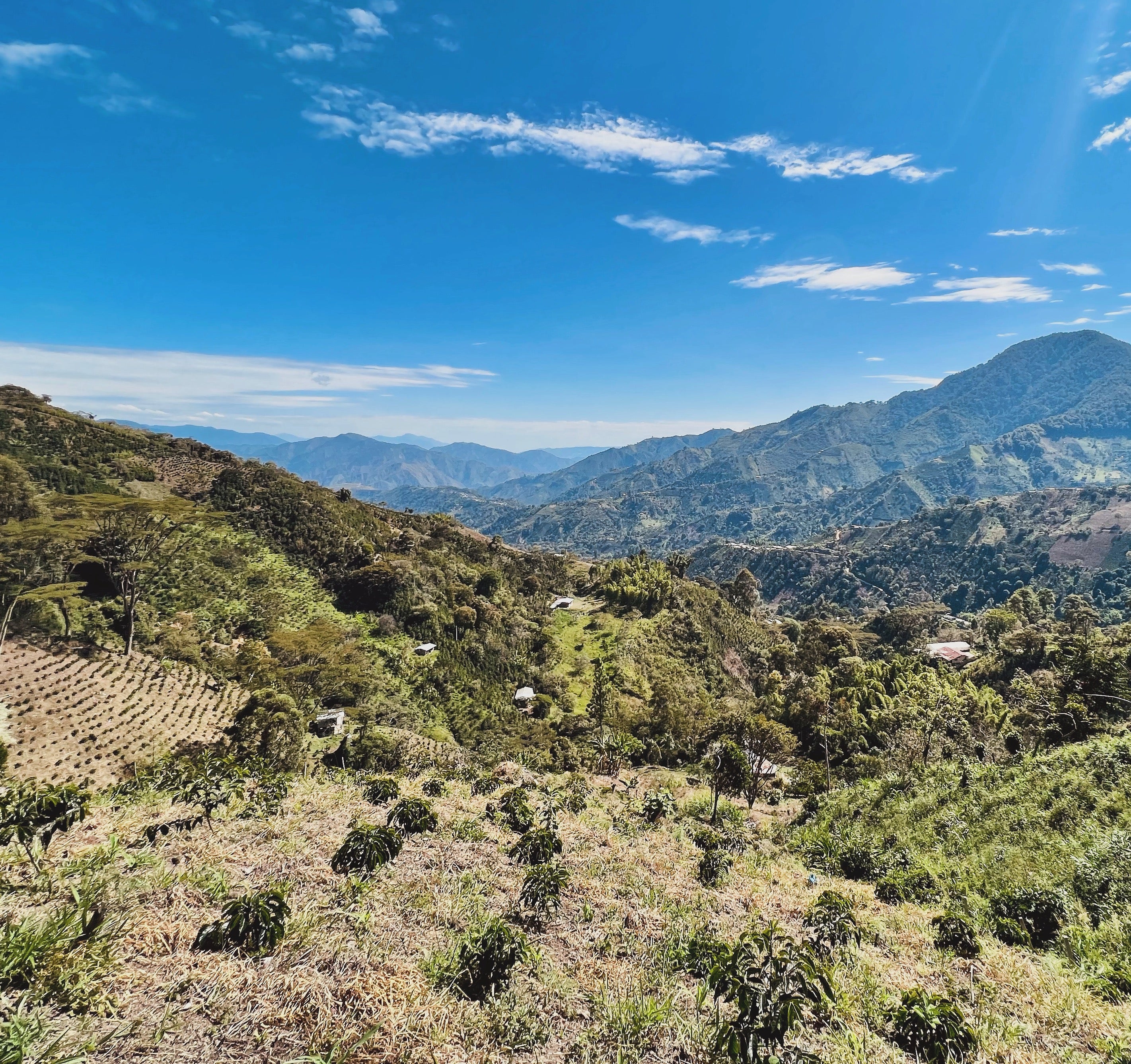Free UK shipping on all orders £18 and over
Coorie




Coorie
It's back! Named after the Scots word meaning to nestle or snuggle, this limited edition blend has been created specifically for those quiet moments of calm on an autumn day. Coorie will be available to purchase until November 2024.
Couldn't load pickup availability
Select grind: (Need help? View Grind guide)
Description
Mexico Finca Guadalupe Zaju
Farm:
Finca Guadalupe Zaju
Processing:
Washed
Owner:
Teddy Esteve & Family
Region:
Chiapas
Varietal(s):
Marsellesa, Hybrids, Starmaya
Altitude:
900 to 1,400 metres above sea level
Town:
Toquian Grande & Pavencul, Soconusco Region
Colombia Finca Los Nogales
Farm:
Finca Los Nogales
Processing:
Washed
Owner:
Maria Rosa Oidor
Region:
Inzá, Cauca
Varietal(s):
Tabi, Typica, Caturra
Altitude:
2,000 metres above sea level
Town:
San Antonio






